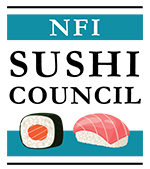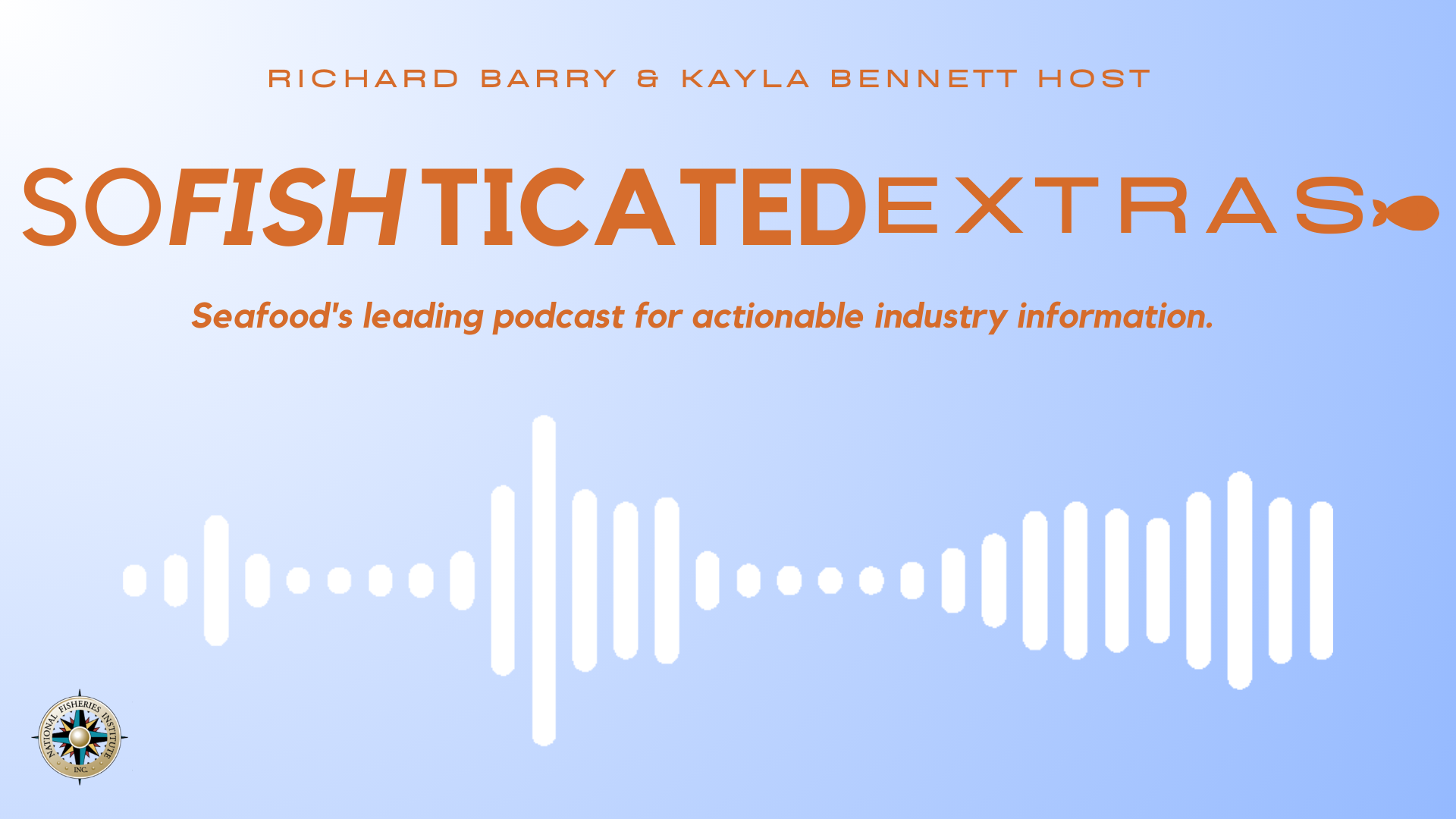When Pseudo Journalism Pushes A Product
You may have come across this recent article on something called Examiner.com, it’s a series of websites where people who “consider [themselves] an insider with insights and knowledge to share” write articles for the site with minimal editorial oversight. That’s how this 450 word advertisement for Safe Harbor Seafood made its way to the web.
The author, Reenita Malhotra, describes herself as an “Ayurvedic clinician” (defined as one who make their own medicines from herbs, perform therapy sessions using aromatherapy and meditation, perform gem and yoga therapy and offer advice on living a healthier lifestyle.) She’s written pieces on How to have a green Halloween and Beauty secrets for adding oil to your hair. Her Safe Harbor promotional piece is a poorly researched diatribe that begins with a misleading title and ends with an overt pitch for Safe Harbor’s product.
In the headline Malhotra suggests that “Mercury levels in fish are higher than you think”-but never once anywhere in her article does she quantify that claim. In fact according to available research mercury levels in commercial seafood have not risen in decades. (Barber, R.T., Vijayakumar, A., Cross, F.A. “Mercury Concentrations in Recent and Ninety-Year-Old Benthopelagic Fish.” Science 178 (1972): 636-639.)
In the third paragraph she exposes her failure to research the topic when she writes that, “power plants and auto-scrap facilities” are the source of “mercury pollution” found in seafood tested by Safe harbor. What she either doesn’t know or fails to report is that two weeks ago in her hometown of San Francisco a California court ruled for the second time in three years that “methylmercury in tuna is naturally occurring.” Tuna is of course the quintessential example of commercial seafood found in the ocean. No one is arguing that commercial seafood contains trace amounts of methylmercury but it doesn’t come from “power plants and auto-scrap facilities.”
She goes on to quote myriad questionable sources on mercury in seafood and repeats a claim about mercury “knocking IQ points” off of children when in fact scientific literature does not support a net harm to fetal brain development as a result of maternal consumption of commercial fish. Not to mention that cases of measurable net harm are reserved solely for catastrophic incidents such as industrial dumping in Japan in the 1950s and 60s.
This is a great example of how infomercials disguised as pseudo journalism promote half-truths and out right misinformation.



